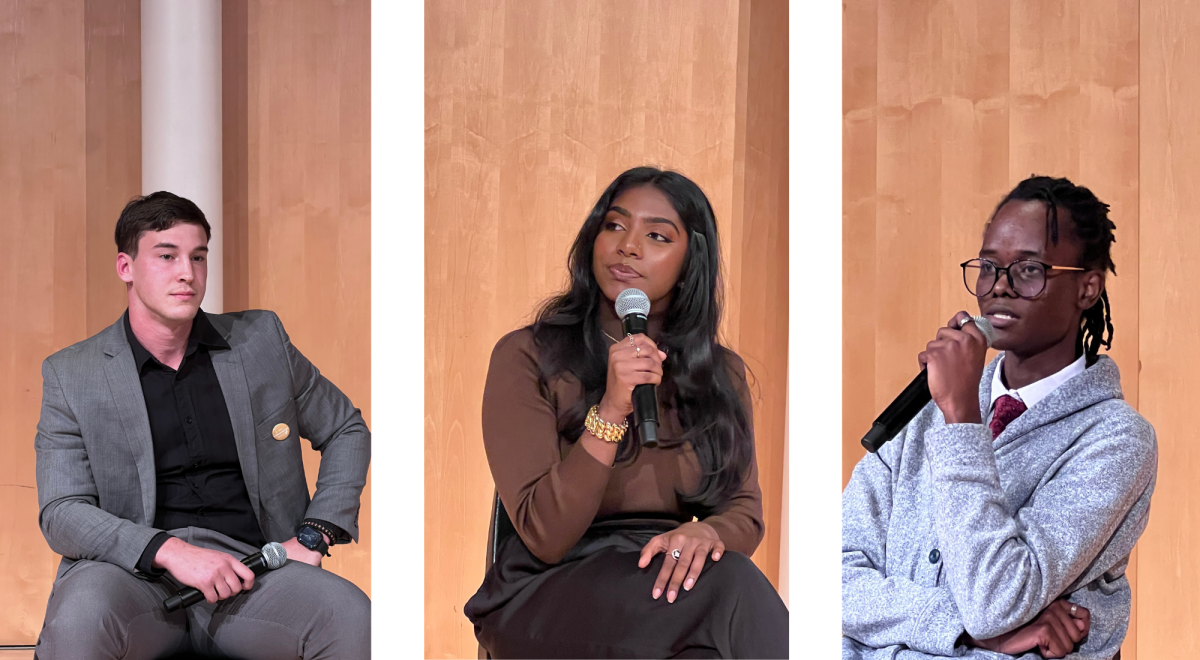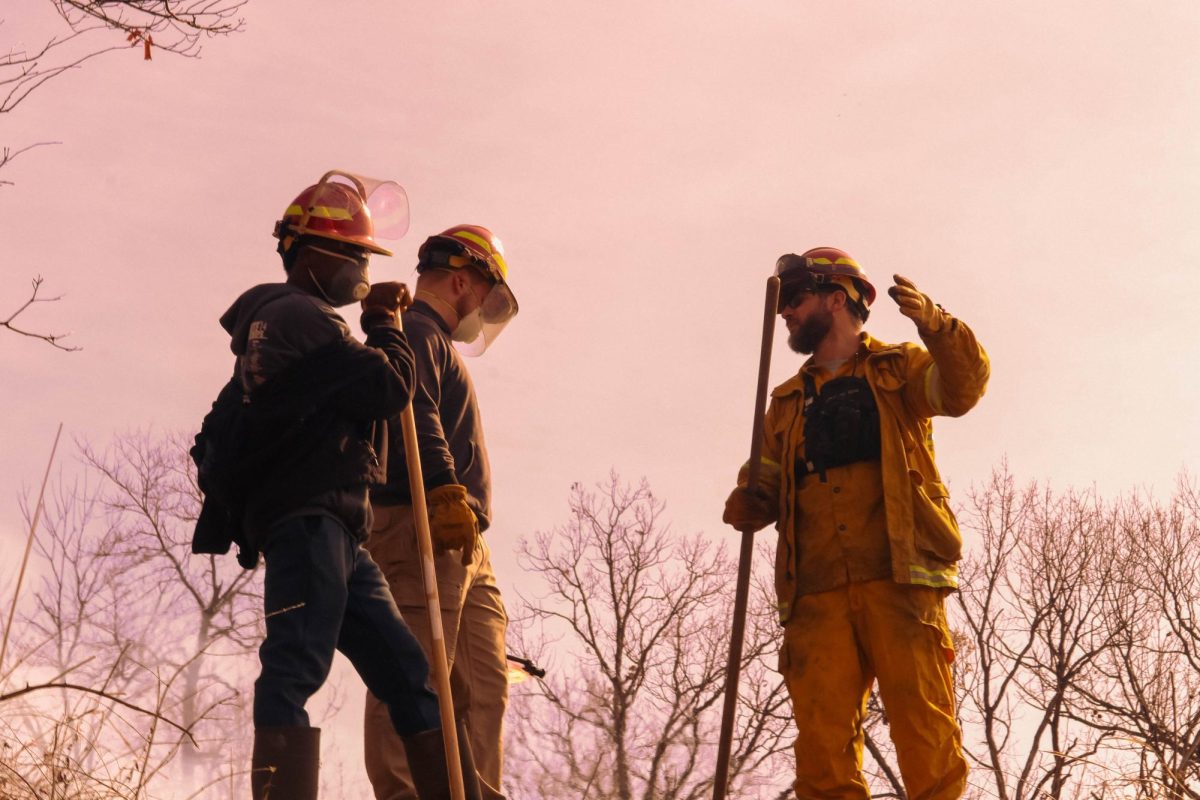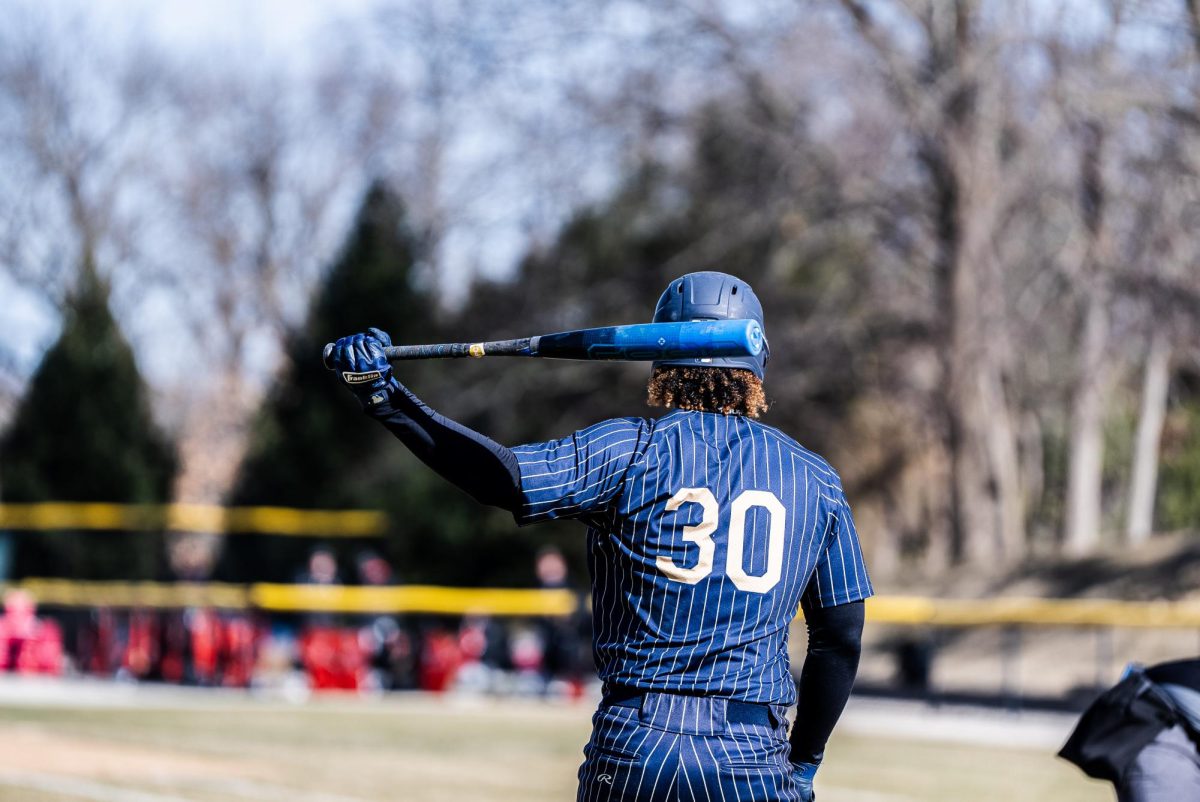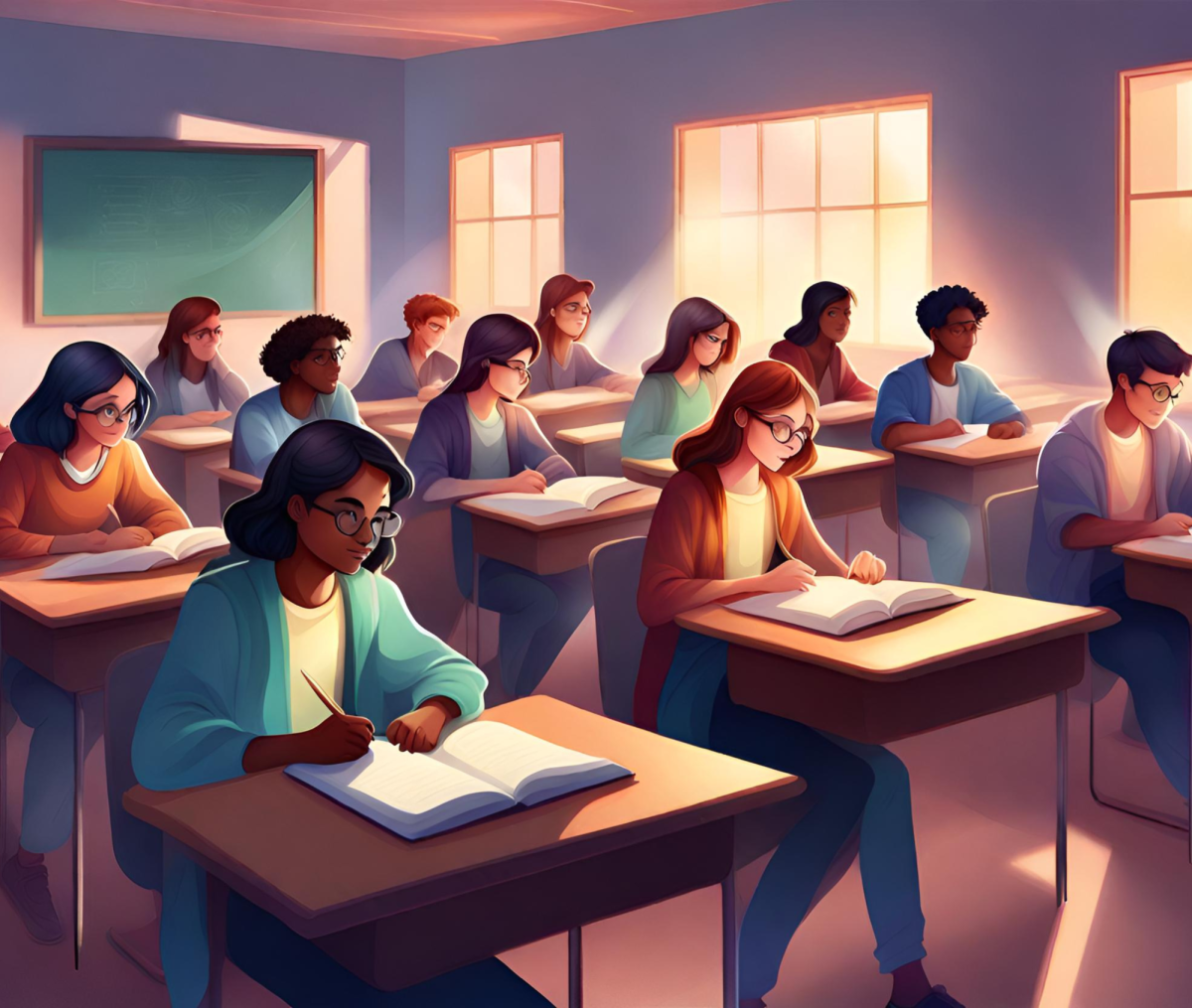By Rhyan du Peloux
Students and employees must provide proof of vaccination or agree to weekly testing by Thursday, Sept. 2, according to a Watercooler announcement posted on Monday, Aug. 30. The announcement from Principia comes on the heels of Illinois Gov. J.B. Pritzker’s Aug. 26 health mandate requiring either proof of vaccination or weekly Covid-19 testing for all employees and students at K-12 and higher education institutions in the state. Testing will be provided on campus in Elsah.
Principia students and employees first learned of the mandate on Thursday, Aug. 26, not long after Principia learned of it, said college president John Williams. In that message, President Williams detailed the governor’s health mandate and assured the community that the college administration was seeking answers as to possible religious exemptions from the legal requirements.
Per the state mandate, all higher education personnel and students must either get the vaccine or submit to weekly Covid-19 testing starting Sunday, Sep. 5. These rules apply ‘‘both for public and private institutions, across the state,’’ writes Williams in an email to the Pilot. ‘‘Further, regardless of vaccination status, the law now requires the wearing of masks indoor,’’ he adds.
Williams says he knows that the ‘‘strict guidelines’’ and the choice they present may be difficult for many, in particular ‘‘deeply, deeply-committed Christian Scientists.”
‘‘There are those on campus who’ve said, ‘we demand an exemption from testing.’ I can’t provide that,’’ says Williams.
Although it’s clear that the mandate places the responsibility of collecting vaccination proof on individual colleges, Principia administration is still determining whether or not a religious exemption from the weekly testing can be taken. A conclusive answer will be announced, “probably” before the Sept. 2 deadline to provide proof of vaccination, says Williams.
As of Sunday, Aug. 30, if a student is not vaccinated and does not wish to be tested, “they’ll have to make the choice of obeying the law or leaving campus,” says Williams.
Whether employees will have to do the same “has yet to be worked out.”
Students will receive an email from Magnus Health on Tuesday, Aug. 31. After setting a password, users will be prompted to select their vaccination and if vaccinated, to upload proof. If not yet fully vaccinated, select ‘no.’ If an individual intends to become fully vaccinated, they must participate in weekly testing until they are fully vaccinated, according to the Aug. 30 Watercooler announcement.
Employees will upload vaccination proof through a different system, which will be communicated through Human Resources later in the week.
Whether the mandate impacts sports or not is a question still unanswered. ‘‘Director of Athletics Ann Pierson is consulting with the director of our athletic conference, the St. Louis Intercollegiate Athletic Conference, (…) as to the order’s masking implementation, both at practices and competitions,’’ explains Williams in an Aug. 29 Watercooler message.
Regardless, in-state educational institutions are taking the COVID situation seriously. The Illinois Board of Higher Education (IBHE), for instance, formed a committee that recommends health practices and shapes ‘‘guidance on how campuses can reopen’’ for the fall.
‘‘We are in a new phase of the pandemic, with a [Delta] variant of the virus that is many times more transmissible than the original variant that swept through the U.S. last year,’’ writes Chrissy McAllister, professor of biology, in an email interview. ‘‘I actually was a little bit surprised by the governor’s new measures,’’ she adds, ‘‘but only because I live in Missouri, where the state and local governments have been working very hard in the opposite direction: attempting to ban vaccine mandates, mask mandates, etc.’’
‘‘It’s frustrating and confusing to live and work in two states where not just the guidance is different, but the fundamental attitudes of the elected officials,’’ writes McAllister.
Principia’s cross-state location can, indeed, present a challenge, since it straddles Missouri and Illinois. The school operates from the suburbs of St. Louis, Mo., whereas the college faces the Mississippi river from the side of Elsah, Ill. In his Aug. 26 email to the Pilot, Williams acknowledges that many questions remain open, including one about ‘dual campus personnel and “who is covered by the executive order.’’
And, at a religiously-grounded school such as Principia, whose administration has said repeatedly that both “prayer and protocols” form the basis of the institution’s response to the global pandemic,
‘‘I think that the Principia community…should do whatever it can to practically, prayerfully, and lawfully support our broader community in adhering to these [Gov. Pritzker’s] new measures,’’ writes McAllister.
‘‘It’s not a return to strict occupancy limits, nor is it a complete lockdown,’’ adds Peter Van Lidth de Jeude, assistant professor of history
This isn’t the first public health crisis to be navigated by leaders of Principia.. ‘‘I’ve been spending a fair amount of time looking at past pandemics to try and understand what is happening and how this might play out,’’ says Van Lidth de Jeude, who’s also chair of the history department.
‘‘One of these examples is the flu pandemic from approximately 100 years ago. Back in the early 20th century, the St. Louis area was actually one of the places that did a good job of handling the pandemic, but then experienced a massive second wave as they ceased following the strict guidelines they had lived under.’’
‘‘Ultimately, this new mandate just provides us an opportunity to do what we should be doing both during this pandemic and at all times: be thoughtful, careful, and intentional in our decisions,’’ says Van Lidth de Jeude, the history professor. ‘‘If we do those things consistently, this pandemic – like all others in history –will eventually end.’’








